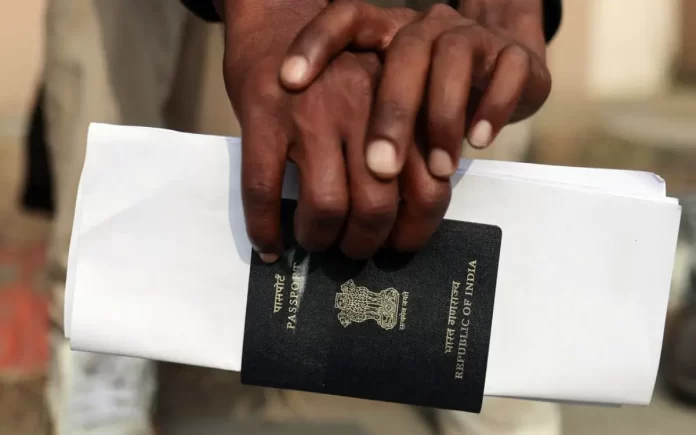New Delhi/Jerusalem: Amid escalating tensions between Iran and Israel, India’s advisory issued on Friday advising against travel to Iran or Israel underscores the potential risks for Indian nationals, particularly those employed or residing in these nations. As concerns mount over a potential conflict between Iran and Israel, the Indian government has taken proactive steps to safeguard its citizens abroad.
What This Means for Indian Workers
For Indian workers, especially those seeking opportunities in Israel’s construction sector through government-to-government arrangements, the advisory poses a significant setback. The decision to discourage travel to Israel follows reports of increased hostilities after an Israeli airstrike on an Iranian diplomatic compound in Syria. This disruption affects plans for migration to address labor shortages in construction, particularly for the approximately 18,000 Indian nationals residing in Israel, many of whom are employed in caregiving and information technology roles.
The advisory’s implications extend beyond individual safety concerns, serving as a diplomatic signal of India’s stance on the escalating tensions and its commitment to preventing further escalation.
In addition to issuing the advisory, Indian authorities are actively involved in contingency planning, including potential evacuation measures for Indian nationals in Iran and Israel. This proactive approach underscores India’s dedication to ensuring the welfare of its citizens during times of crisis.
Also Read | 17 Indians Aboard Seized Cargo Ship in Iran’s Grip, Centre Engages with Tehran: Reports
Global Concerns and Diplomatic Efforts
India’s apprehensions over escalating tensions in West Asia are shared by the international community, with calls for restraint and diplomatic solutions. The potential for broader conflict underscores the importance of dialogue and cooperation in resolving disputes and maintaining peace in the region.
As tensions persist and the situation evolves, India remains vigilant in monitoring developments and taking necessary measures to protect its citizens abroad.
Also Read | Salman Rushdie Recalls Terrifying Stabbing Incident: Attacker ‘Came Like a Squat Missile
Reasons Behind the Advisory
The advisory was issued in response to increasing reports of a potential Iranian attack on Israel or Israeli interests following the Israeli airstrike on an Iranian diplomatic compound in Syria, which resulted in casualties, including three generals.
According to sources, Indian workers planning to travel to Israel under a government-to-government agreement for employment in the construction sector must now await a resolution to the situation.
Initial reports indicated that 64 Indian workers traveled to Israel on April 2, with an additional 6,000 expected to depart later in April or early May. Israeli authorities had planned a special “air shuttle” to transport Indian workers, with financial assistance from various ministries. Approximately 900 Indian construction workers had recently arrived in Israel through business arrangements. Indian authorities have requested assurances from Israel regarding the safety of Indian workers in the construction sector.
Also Read | Israeli Military Issues Warning: Iran to Face Consequences for Escalation
Preparedness and Concerns
Indian officials are preparing for various scenarios, including the potential evacuation of Indian nationals from Iran and Israel. Concerns arose following an Israeli airstrike in Damascus on April 1, resulting in casualties, including Brigadier General Mohammad Reza Zahedi, a leader of the Islamic Revolutionary Guard Corps (IRGC) in Syria and Lebanon.
India’s Ministry of External Affairs spokesperson, Randhir Jaiswal, expressed concerns over the escalating tensions in West Asia on April 4, urging all parties to abide by international laws to prevent further violence and instability.
Iran has vowed a strong response to the Israeli strike, condemning it as a violation of international rules. The anticipated retaliation has raised fears of a broader regional conflict in West Asia, home to approximately nine million Indian expatriates.



